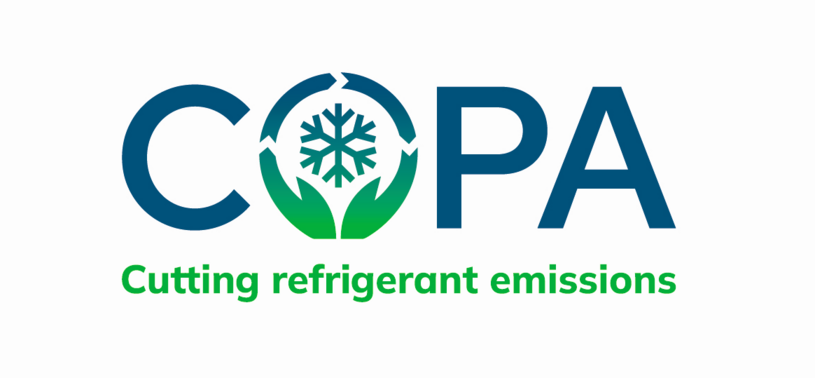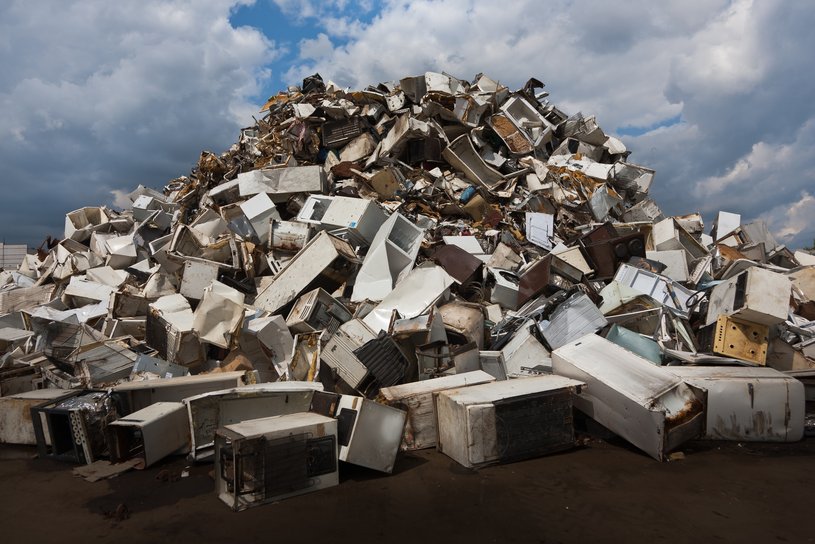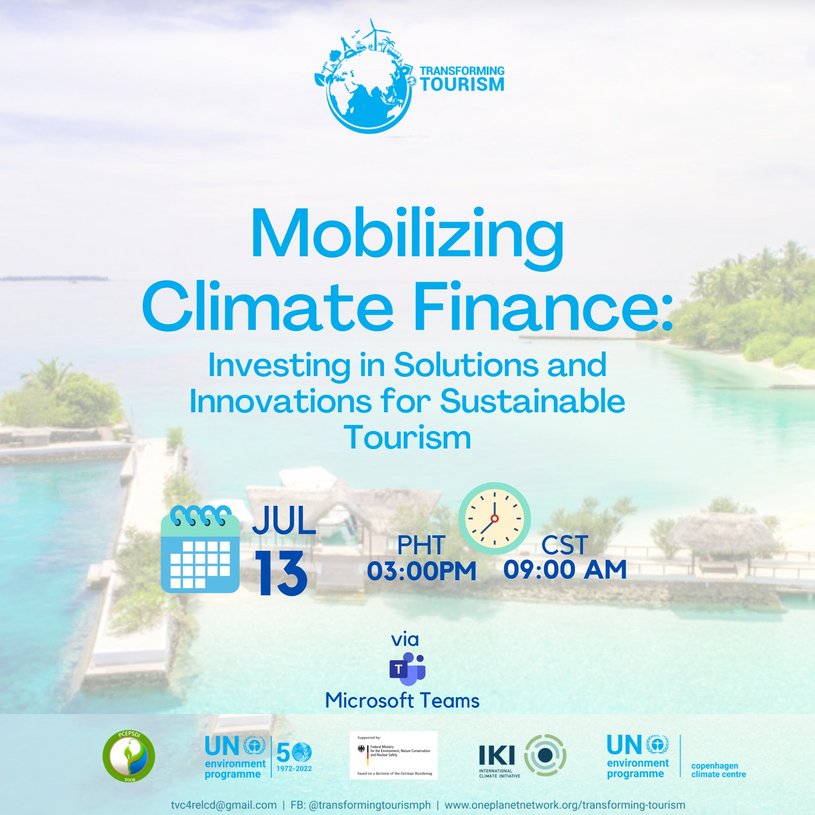On 13 July 2022, the Tourism Value Chain organized the online event “Mobilizing Climate Finance: Investing in Solutions and Innovations for Sustainable Tourism”.
Cool Contributions fighting Climate Change (C4) project has been in collaboration with the Tourism Value Chain (TVC) implemented by the United Nations Environment Program (UNEP) project on sustainable and climate-friendly cooling for the tourism sector in the Philippines. Both projects are implemented on behalf of the International Climate Initiative of the German Federal Ministry for the Environment, Nature Conservation, Nuclear Safety and Consumer Protection (BMUV-IKI).
The event provided options for local tourism sector operators to access climate finance and sustainable investment options to expand local tourism as part of green recovery efforts after the COVID-19 pandemic.
Cooling often makes more than 50 % of the energy consumption in hotels. Therefore, GIZ was invited to provide its experience in introducing climate-friendly and energy efficient Green Cooling solutions. Lara Teutsch, advisor at the global cooling program GIZ Proklima presented options for hotels to make significant savings in energy costs and greenhouse gas emissions through the use of green cooling and renewable energy, and how the tourism sector can finance the transition.
On its second phase, C4 II in the Philippines introduced COOL LAB PH, an exchange platform among cooling projects in the Philippines. TVC has actively participated in COOL LAB PH with projects implemented under the Multilateral Fund (MLF) of the Montreal Protocol and other projects implemented from various donors and financing sources.
Find more related material to the event here:
You can find the recording of the event here. For more information on sustainable cooling solutions visit: Technology - Green Cooling Initiative (green-cooling-initiative.org)


 Image: Shutterstock / Mikhail P.
Image: Shutterstock / Mikhail P.